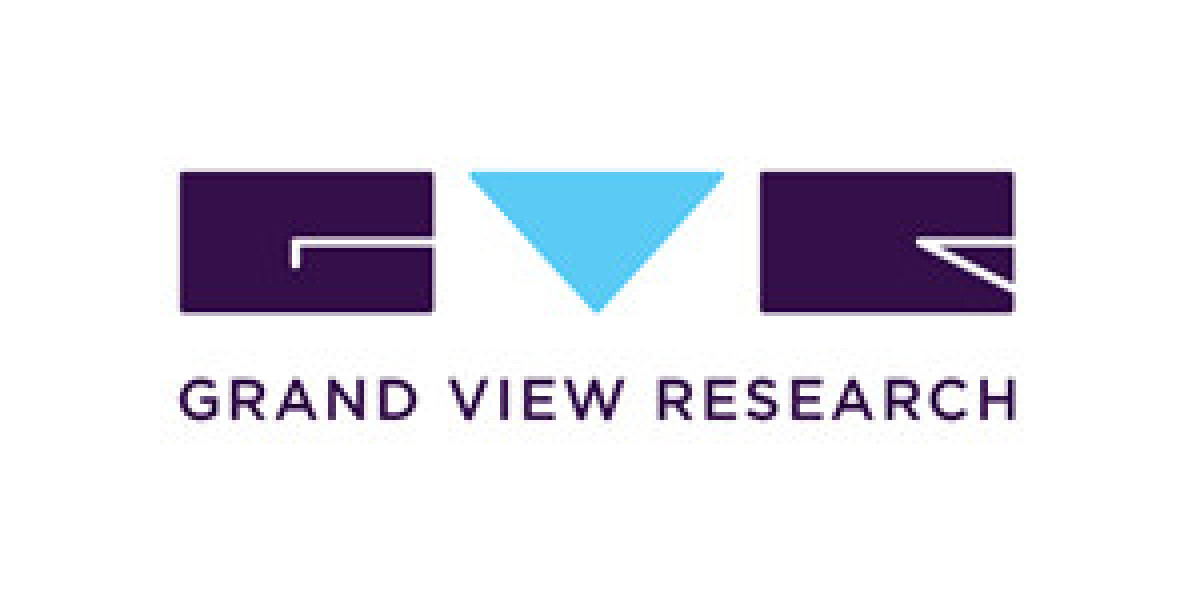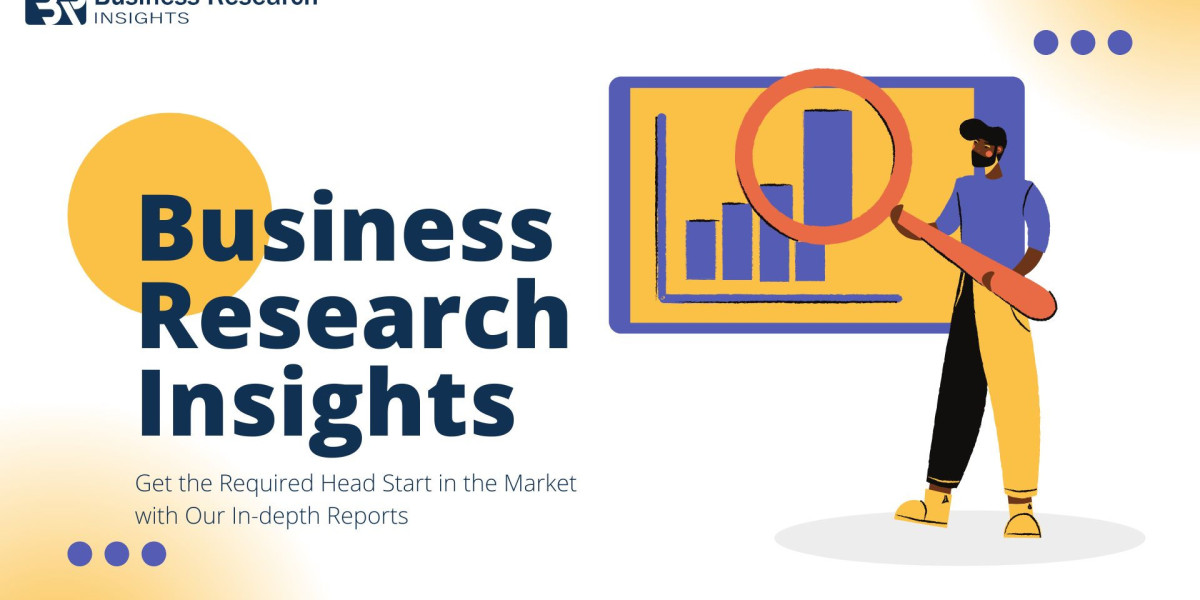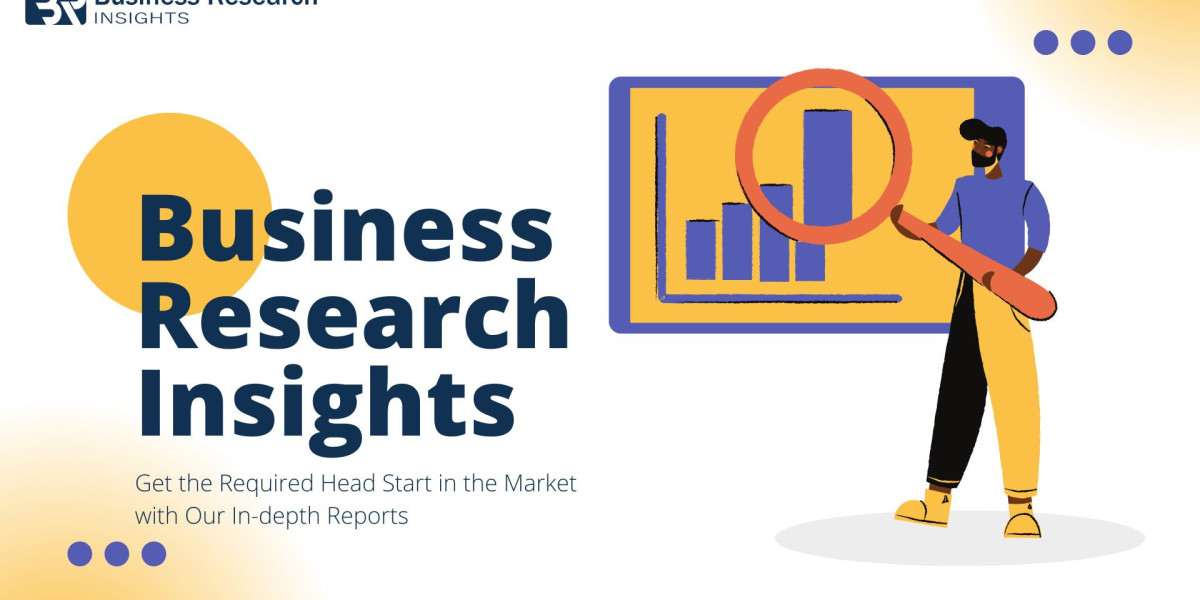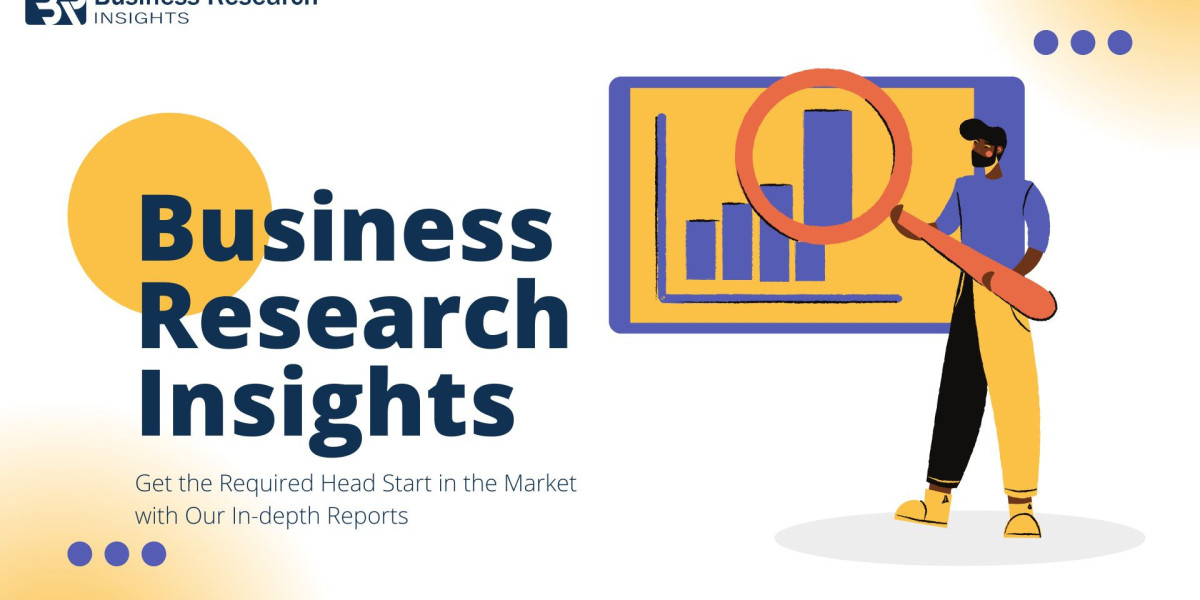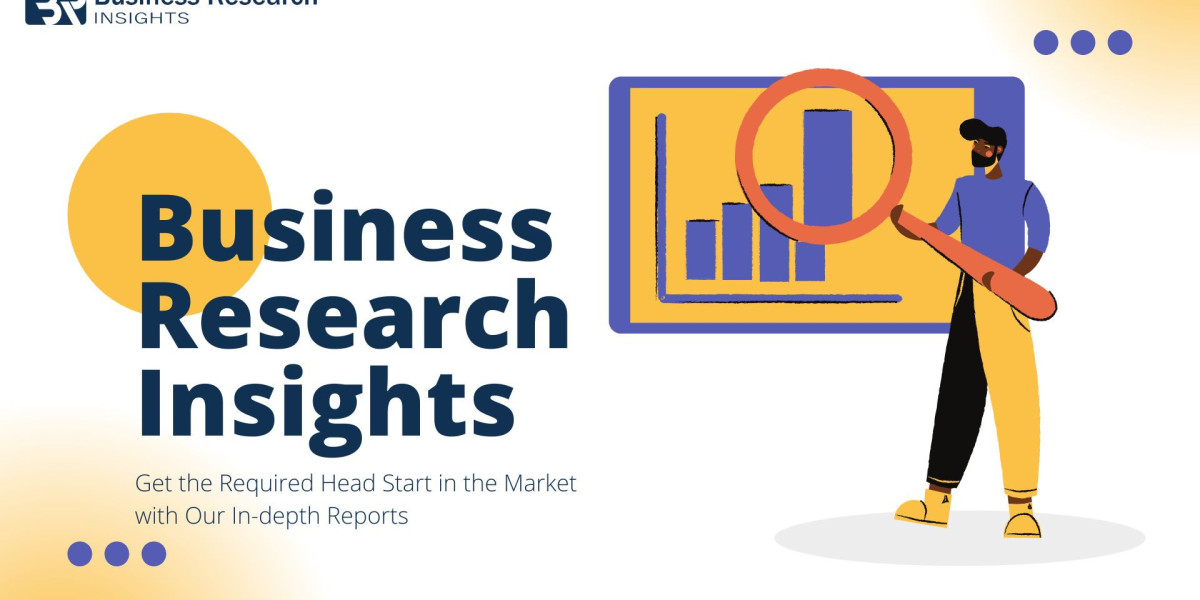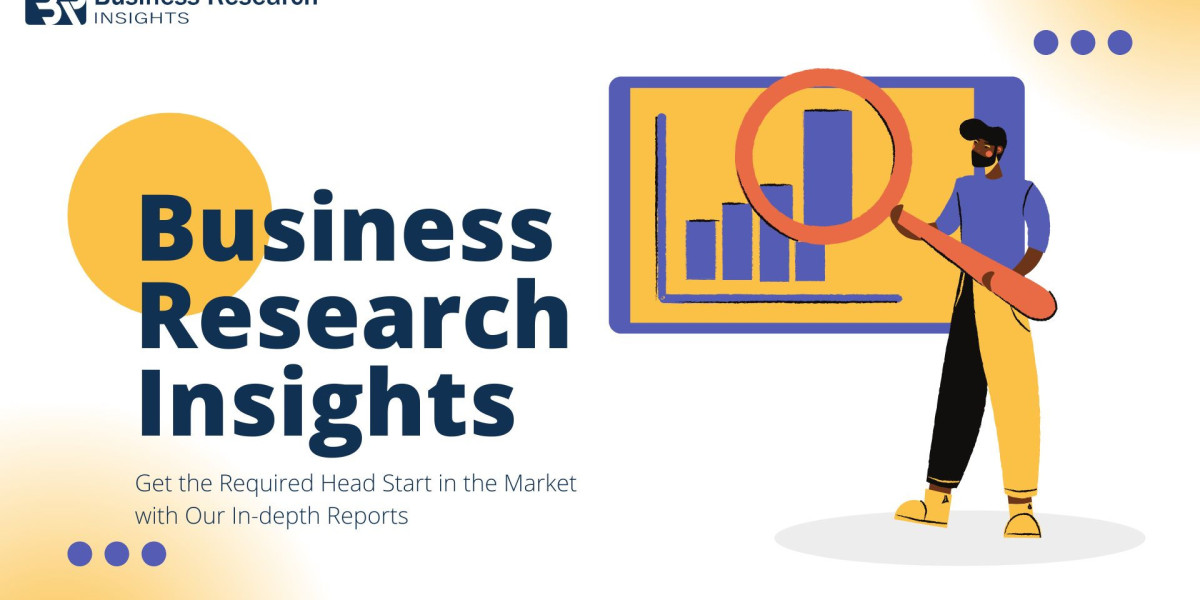Airlines Procurement Intelligence
The airlines category is anticipated to grow at a CAGR of 7% from 2023 to 2030. The Asia Pacific region accounts for the largest share. This category is expected to experience significant growth due to the rapid increase in air passenger traffic, and a strong focus on improving the passenger experience. This category expansion is being driven by ongoing advancements in wireless technology and a rising preference for intelligent airport designs. One of the major technologies in the airline industry is the use of blockchain to track luggage, improve passenger comfort and flight data security while obtaining greater transparency and efficiency.
This sector is highly relevant to clients in procurement, as sensors are a critical component of modern vehicles. It involves conducting thorough research and due diligence to identify the most suitable suppliers and negotiating favourable pricing and terms.
Order your copy of the Airlines category procurement intelligence report 2023-2030, published by Grand View Research, to get more details regarding day one, quick wins, portfolio analysis, key negotiation strategies of key suppliers, and low-cost/best-cost sourcing analysis
This category makes use of cutting-edge technologies like micro-electromechanical systems (MEMS), radar, and Lidar. To detect and measure different characteristics like pressure and acceleration, Robert Bosch uses MEMS. Modern automobiles now perform and operate more safely and efficiently thanks to this technology. To identify and measure the separation between automobiles and other objects, Denso uses radar technology. Advanced Driving Assistance Systems (ADAS) employ this technology to notify motorists of potential hazards. Continental uses Lidar technology to build a 3D map of the area around the car and make safe navigation possible which will help them to reach USD 2,445 million in 2030 by revenue.
Automotive sensors’ price and cost depend on the type of sensor used and how well it performs. The dynamics of supply and demand play a vital role in defining the price of automobile sensors. Due to improvements in manufacturing technology and economies of scale, the cost of making automobile sensors has considerably lowered over time. Businesses typically employ the absorption costing method, which is cumulative of the cost incurred on labor, material, and administration. This approach is frequently utilized because it offers a more accurate depiction of the actual production costs of a product. Printed Circuit Boards (PCBs) and Micro-electromechanical systems (MEMS) contain a variety of components that are made mostly from raw materials like copper and aluminum. Around USD 5.2 is spent on a pound of copper, and the cost of aluminum is around USD 2,150 per ton.
Airlines Procurement Intelligence Report Scope
The Airlines category is expected to have pricing growth outlook of 10 - 18% from 2023 to 2030, with below pricing models.
- Dynamic pricing model
Supplier Selection Scope of Report
- Cost and pricing
- Past engagements
- Productivity
- Geographical presence
Supplier Selection Criteria of Report
- Inflight services
- entertainment
- storage space
- analytics and reporting modules
- integrations
- technical specifications
- operational capabilities
- regulatory standards and mandates
- category innovations
- others
Airlines Procurement Intelligence Report Coverage
Grand View Research will cover the following aspects in the report:
- Market Intelligence along with emerging technology and regulatory landscape
- Market estimates and forecasts from 2023 to 2030
- Growth opportunities, trends, and driver analysis
- Supply chain analysis, supplier analysis with supplier ranking and positioning matrix, supplier’s recent developments
- Porter’s 5 forces
- Pricing and cost analysis, price trends, commodity price forecasting, cost structures, pricing model analysis, supply and demand analysis
- Engagement and operating models, KPI, and SLA elements
- LCC/BCC analysis and negotiation strategies
- Peer benchmarking and product analysis
- Market report in PDF, Excel, and PPT and online dashboard versions
Airlines Procurement Cost and Supplier Intelligence
In the airlines category, the use of blockchain traceability can aid various functions related to maintenance, repair, and operations (MRO). By generating digital product passports, it establishes a documented history of parts and components, including their composition and origins. These passports may also incorporate disassembly manuals or instructions. Consequently, airline companies can prolong the lifespan of their products and effectively monitor the subsequent reuse of parts and components. For instance, in August 2022, Boeing partnered with Canada's TrustFlight and RaceRock to create a digital aircraft record system using blockchain technology for aircraft maintenance. The system is an expansion of Boeing-Honeywell's GoDirect Trade platform. The maintenance system would help the company improve productivity and efficiency by 25%.
Labor and fuel cost are the major expenses in the airlines category. Labor costs, which account for 20 - 30% of the airline's operating expenses are generally fixed in the short run. Whereas fuel costs highly depend on the price of oil. Fuel costs account for approximately 10 - 12% of the operating expenses. In January 2023, the freight rate reduced due to a decrease in cargo volumes. The Europe region saw a decrease in cargo ton-kilometers of 20.4%, followed by Asia Pacific, which saw a reduction of 19.0% in January 2023 compared to January 2022.
List of Key Suppliers
- Qatar Airways
- Delta Air Lines Inc.
- American Airlines Group Inc.
- Southwest Airlines Co.
- United Airlines Holdings Inc.
- International Airlines Group (IAG)
- Lufthansa Group
- Air France-KLM
- Emirates Group
- China Southern Airlines Co. Ltd.
- Singapore Airlines
- ANA All Nippon Airways
Browse through Grand View Research’s collection of procurement intelligence studies:
- Disposable Medical Gloves Procurement Intelligence Report, 2023 - 2030 (Revenue Forecast, Supplier Ranking & Matrix, Emerging Technologies, Pricing Models, Cost Structure, Engagement & Operating Model, Competitive Landscape)
- Loyalty Programs Procurement Intelligence Report, 2023 - 2030 (Revenue Forecast, Supplier Ranking & Matrix, Emerging Technologies, Pricing Models, Cost Structure, Engagement & Operating Model, Competitive Landscape)
- Helium Procurement Intelligence Report, 2023 - 2030 (Revenue Forecast, Supplier Ranking & Matrix, Emerging Technologies, Pricing Models, Cost Structure, Engagement & Operating Model, Competitive Landscape)
Brief about Pipeline by Grand View Research:
A smart and effective supply chain is essential for growth in any organization. Pipeline division at Grand View Research provides detailed insights on every aspect of supply chain, which helps in efficient procurement decisions.
Our services include (not limited to):
- Market Intelligence involving – market size and forecast, growth factors, and driving trends
- Price and Cost Intelligence – pricing models adopted for the category, total cost of ownerships
- Supplier Intelligence – rich insight on supplier landscape, and identifies suppliers who are dominating, emerging, lounging, and specializing
- Sourcing / Procurement Intelligence – best practices followed in the industry, identifying standard KPIs and SLAs, peer analysis, negotiation strategies to be utilized with the suppliers, and best suited countries for sourcing to minimize supply chain disruptions
